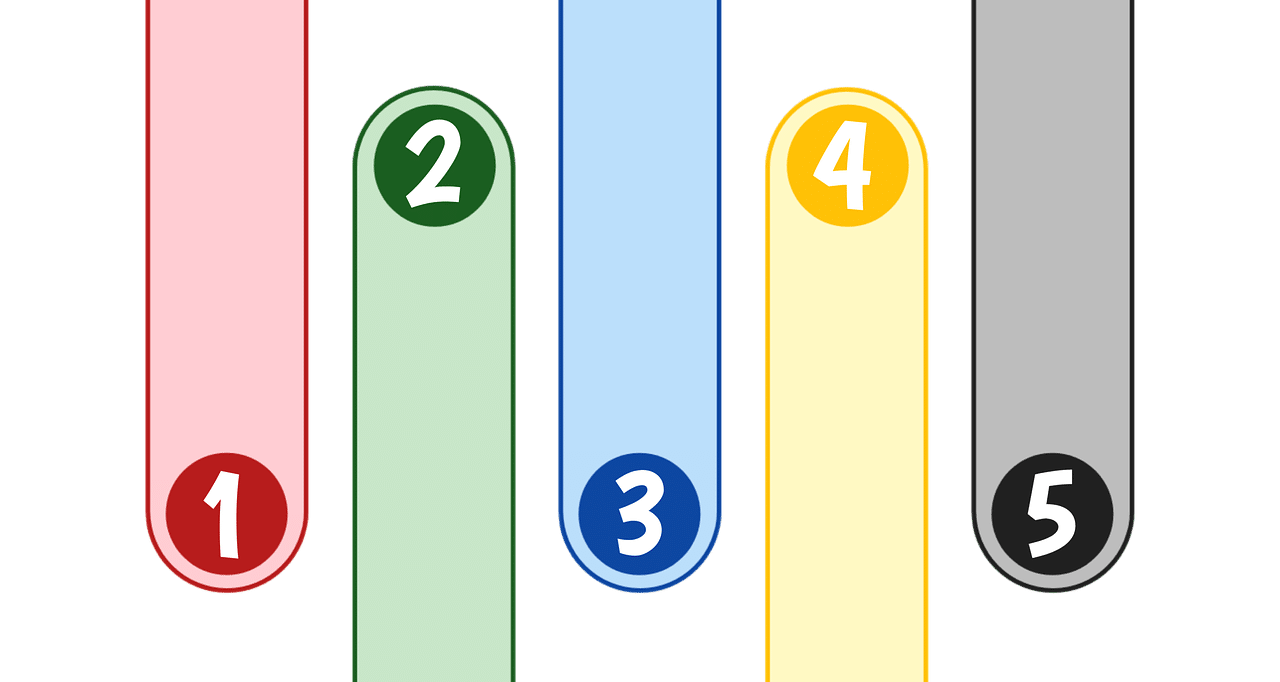
An exclamatory adjective is one linked to an exclamation.
Adjective is a term that derives from a Latin word and is a type of word that qualifies or determines the noun . Adjectives express properties attributed to nouns , specifying or highlighting them.
For example: “I can't find any adjective to describe how you have behaved” , “The press did not spare adjectives to highlight the good performance of the Catalan team” , “I have been called many adjectives, but never pretty” .
The adjective can refer to a specific characteristic of the noun. The expression “The pants are blue” includes an adjective ( “blue” ) that expresses a visible property (the color ) of the noun ( “pants” ). On the other hand, a phrase like “It's an easy game” presents an adjective ( “easy” ) that is abstract , since ease cannot be captured by the senses but is a subjective question that arises from a thought.
Classes of adjectives
According to traditional grammar we could establish three types of classes: qualifying adjectives, demonstratives and others (this last group broadly includes all those that are not found within the other two groups). However, the classification developed by the official grammar of the Spanish language is more precise, which has a fairly extensive and detailed list of the different types of adjectives.
- Restrictive adjectives : within this group are those qualities that accompany nouns and restrict their characteristics in an exact way. For example, if we talk about "the white car" we are leaving out all those vehicles that are not that color.
- Non-restrictive adjectives : these adjectives serve to give more information about the noun but without limiting it; They are generally placed in front of it and modify it in a variable way. For example, if we say "he is an excellent friend," we use the adjective as a modifier without restricting the group of individuals who can enter that group.
- Gradual adjectives : it is a fairly broad group of which adverbs of degree and other types of classifiers are part. For example, if we say “this magazine is uninteresting” we are assessing the degree of interest that that publication arouses in us.
- Non-gradual adjectives : it is also a large group formed mainly by comparative adjectives, such as "so", "less" or "equal" . The degree of quantification of the adjective is not determined but rather a comparison is established. For example, when we say "Peter is smarter than Juan" we are using comparison without explaining how smart each individual is.
- Adjectives of extreme degree : they have a similar function to gradual ones; That is, they express quantification, but are absolute . In this group are those adjectives formed by the suffixes -érrimo or -ísimo and by the prefixes re- , super- , mega- or hyper- : "paupérrimo", "richísimo" , etc.
- Intersective adjectives : those that can give rise to an expression in which two types of characteristics meet, hence their name. For example, if we say "young teacher" we are expressing that a person is a teacher and, at the same time, that he is going through his youth.
- Non-intersecting adjectives : unlike the previous ones, these adjectives do not link two words but rather are independent characteristics. For example, if we say "He is an outstanding musician." We are not reporting about the person's profession but rather we are talking about someone who excels as a musician.

Quantitative adjectives are used to make enumerations or group nouns according to a quantity.
The most common
In any case, we must clarify that the most common groups of adjectives are qualifying and demonstrative.
- Qualifying adjectives : they are those that indicate a quality of the noun: “The house is big,” “This table is very old,” “The paint in the room is orange,” “She is beautiful,” “The glass is fragile.”
- Demonstrative adjectives : they accompany the noun and serve to express the proximity that exists between sender and receiver, depending on the noun being talked about: "I'm looking at this ornament ", " What size is that dress?" «.

A descriptive adjective allows you to express the qualities or properties of a noun.
Examples of adjectives
It is possible to list an enormous number of examples of adjectives. These types of words are frequently used in all areas, including everyday language.
If we think about possessive adjectives , we can name "my" : "I parked my car at the door of the restaurant." An example of a numeral adjective, meanwhile, is "third" : "The German runner came third."
Of course, the same sentence can combine several kinds of adjectives. Returning to the case of possessives and numerals, it is possible to find expressions like the following: "My car is the third in line."
The demonym adjectives , for their part, refer to a link with a geographical place. It is possible to mention examples in masculine ( "The Chilean team qualified for the final" ) and in feminine ( "The conference of the Spanish businesswoman marked the closing of the event" ).
It is interesting to note that the number of adjectives used in a text is usually associated with genre. For example, in a paragraph of a novel several qualifying adjectives may appear, something that is not common in journalistic discourse. In any case, there are no precise limits or unbreakable rules. Thus, a journalist can write: "The fearsome murderer committed his most heinous crime when he surprised three innocent children who were on their way to their school." As you can see, adjectives such as "fearful" , "atrocious" and "innocent" appear in the expression.
